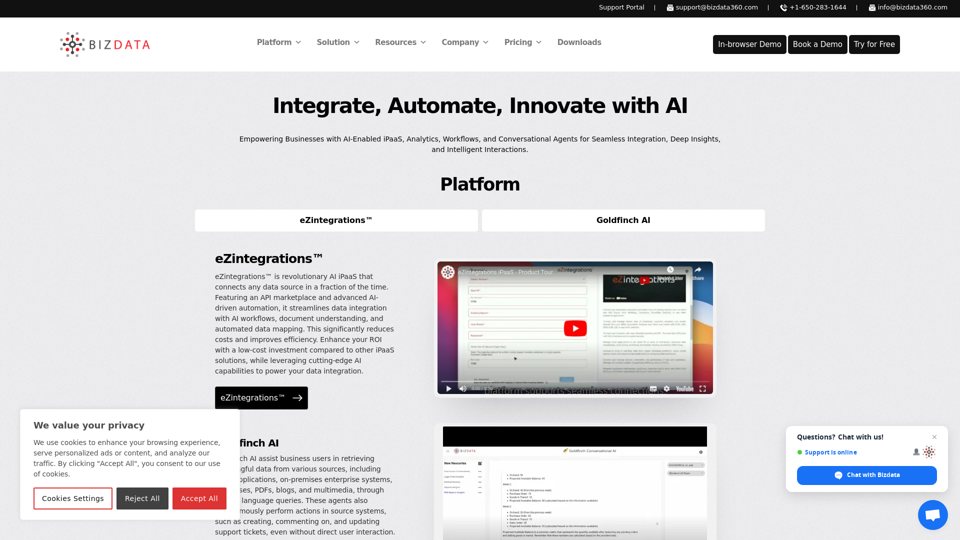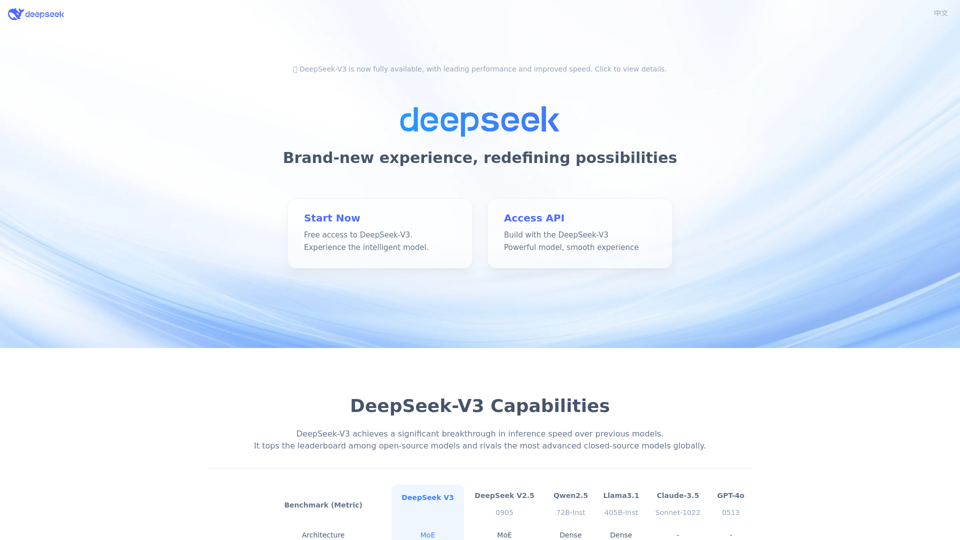What's AI in Business?
Artificial Intelligence (AI) in business refers to the integration of AI technologies into business processes to enhance decision-making, increase efficiency, and drive innovation. AI applications in business include data analysis, customer service automation, and personalized marketing strategies.
Benefits of AI for Business
AI offers numerous advantages that can transform business operations and strategies. Here are some key benefits:
Better Decisions
- Data-Driven Insights: AI enables organizations to make more accurate decisions based on comprehensive data analysis rather than relying on intuition or personal biases.
Efficiency and Productivity Gains
- Task Automation: AI automates repetitive tasks, allowing employees to focus on higher-level work.
- Scalability: AI handles large volumes of tasks at speeds unattainable by humans.
Improved Speed of Business
- Faster Processes: AI accelerates business cycles, reducing the time from design to commercialization.
New Capabilities and Business Model Expansion
- Innovation Opportunities: AI facilitates the exploration of new business models and revenue streams.
Personalized Customer Services and Experiences
- Customization: AI tailors services and experiences to individual customer preferences, enhancing satisfaction.
Improved Services
- User Interaction: AI improves the accuracy and intuitiveness of customer interactions, such as through conversational queries.
Improved Monitoring
- Real-Time Analysis: AI provides instantaneous monitoring capabilities, alerting businesses to issues and suggesting solutions.
Better Quality and Reduction of Human Error
- Error Reduction: AI minimizes errors in processes, ensuring adherence to standards.
Better Talent Management
- Streamlined Hiring: AI enhances talent management by optimizing recruitment and employee engagement.
More Innovation
- Creativity Boost: AI tools support creative processes, leading to innovative product and service offerings.
Increased Profitability
- Cost Reduction: AI increases efficiency and reduces operational costs, contributing to higher profitability.
Industry-Specific Improvements
- Sector-Specific Benefits: AI offers tailored improvements across various industries, such as retail, pharmaceuticals, and finance.
How to Use AI in Business
To effectively integrate AI into your business, consider the following steps:
Identify Opportunities
- Assess Needs: Identify areas where AI can add value, such as customer service, logistics, or data analysis.
Develop a Strategy
- Plan Implementation: Create a detailed plan for AI integration, including technology selection and resource allocation.
Invest in Infrastructure
- Build Capabilities: Ensure your business has the necessary infrastructure and talent to support AI initiatives.
Monitor and Optimize
- Continuous Improvement: Regularly evaluate AI performance and make adjustments to maximize benefits.
By leveraging AI, businesses can enhance their operations, increase competitiveness, and unlock new growth opportunities.

